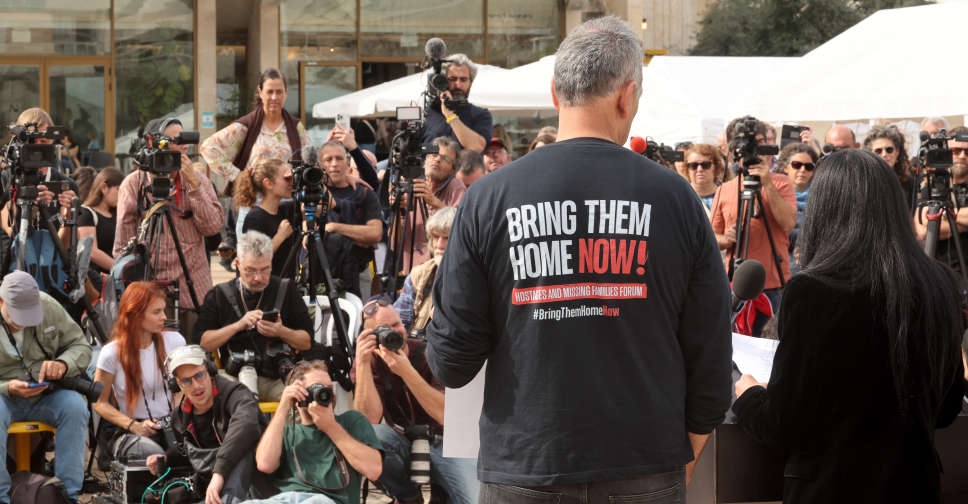
The Palestinian group Hamas is expected to release the first hostages under a Gaza ceasefire deal on Sunday, Prime Minister Benjamin Netanyahu's office said on Friday, after 15 months of war that demolished the enclave.
If successful, the ceasefire would halt fighting that has razed much of heavily urbanised Gaza, killed over 46,000 people, and displaced most of the tiny enclave's pre-war population of 2.3 million several times over, according to local authorities.
It could also ease hostilities in the Middle East, where the Gaza war spread to include Iran and its proxies; Lebanon's Hezbollah, Yemen's Houthis and armed groups in Iraq.
Under the six-week first phase of the three-stage deal, Hamas will release 33 Israeli hostages, including all women (soldiers and civilians), children, and men over 50.
Israel will release all Palestinian women and children under 19 detained in Israeli jails by the end of the first phase. The total number of Palestinians released will depend on hostages released, and could be between 990 and 1,650 Palestinians, including men, women and children.
Hamas said in a statement on Friday that obstacles that arose in relation to the terms of the Gaza ceasefire agreement have been resolved.
In Gaza itself, Israeli warplanes kept up intense strikes, and the Civil Emergency Service said on Friday that at least 101 people, including 58 women and children, had been killed since the deal was announced on Wednesday.
Israel's acceptance of the deal will not be official until it is approved by the country's security cabinet and government.
In the early hours of Friday, Netanyahu's office said that Israel's security cabinet will meet to give final approval to the ceasefire accord, after the meeting was pushed back from Thursday raising concerns of delays.
A full cabinet meeting will be held later, but it was unclear exactly when.
Israel blamed Hamas for the last-minute hold-up, while Hamas on Thursday said it was committed to the deal, which is scheduled to take effect on Sunday.


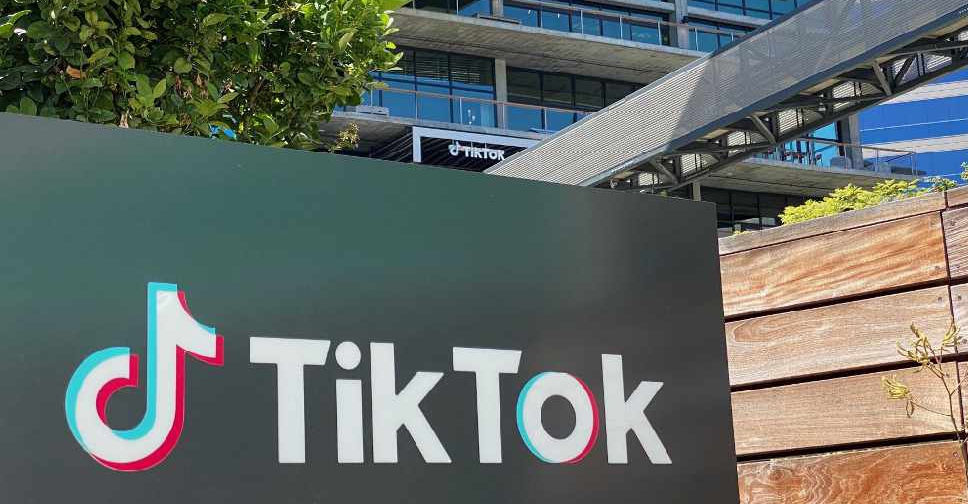 US Supreme Court upholds law banning TikTok
US Supreme Court upholds law banning TikTok
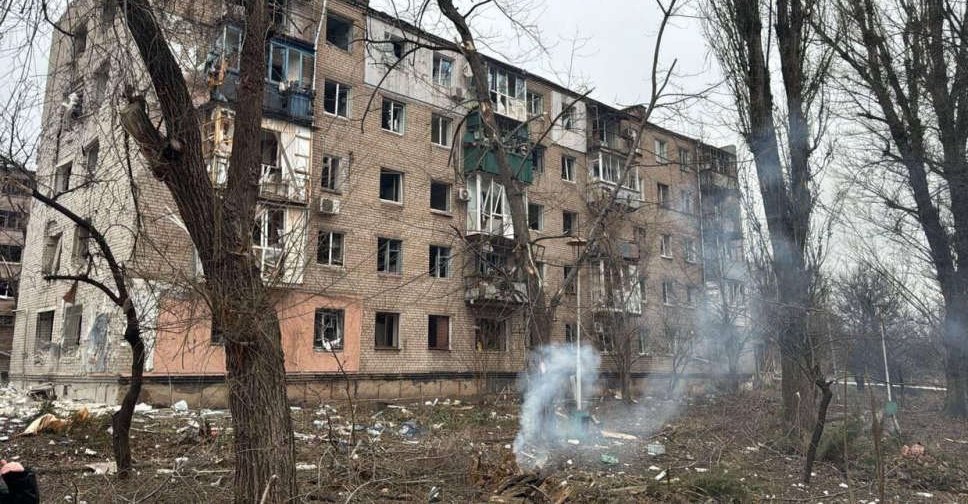 Russian missile attack kills four in Ukraine's Kryvyi Rih
Russian missile attack kills four in Ukraine's Kryvyi Rih
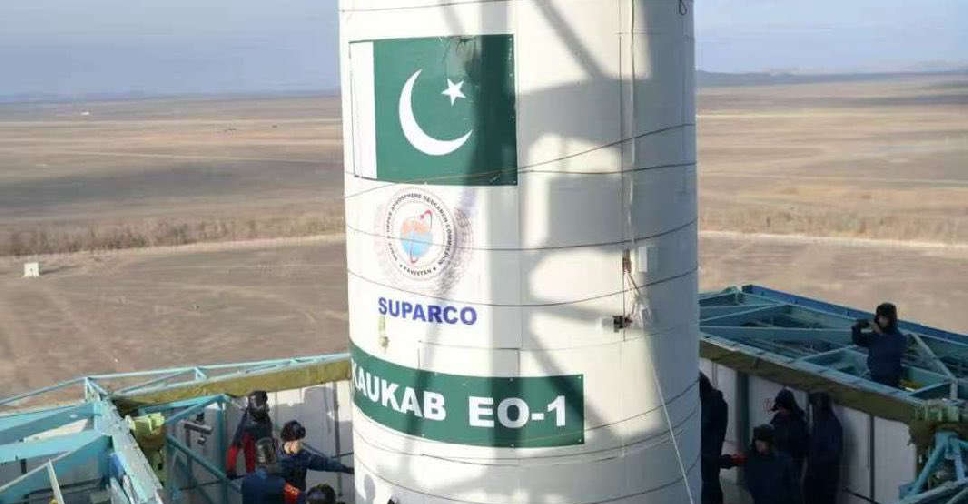 Pakistan launches first home-made observation satellite
Pakistan launches first home-made observation satellite
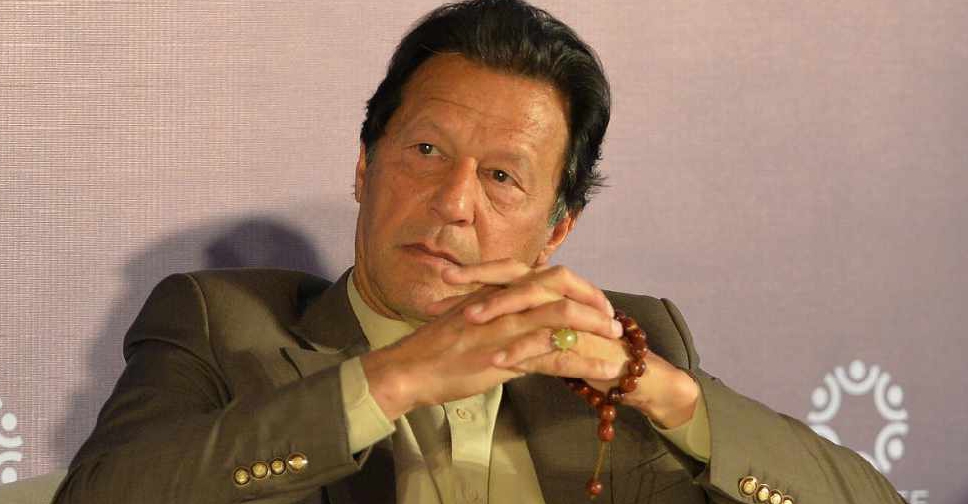 Pakistan's Imran Khan handed 14 years jail term in land graft case
Pakistan's Imran Khan handed 14 years jail term in land graft case
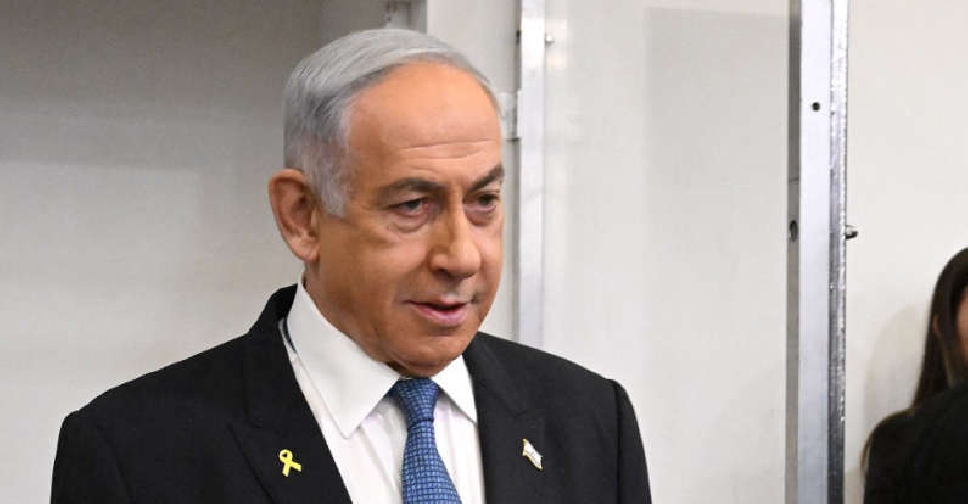 Israel set to approve Gaza ceasefire and hostage deal
Israel set to approve Gaza ceasefire and hostage deal





